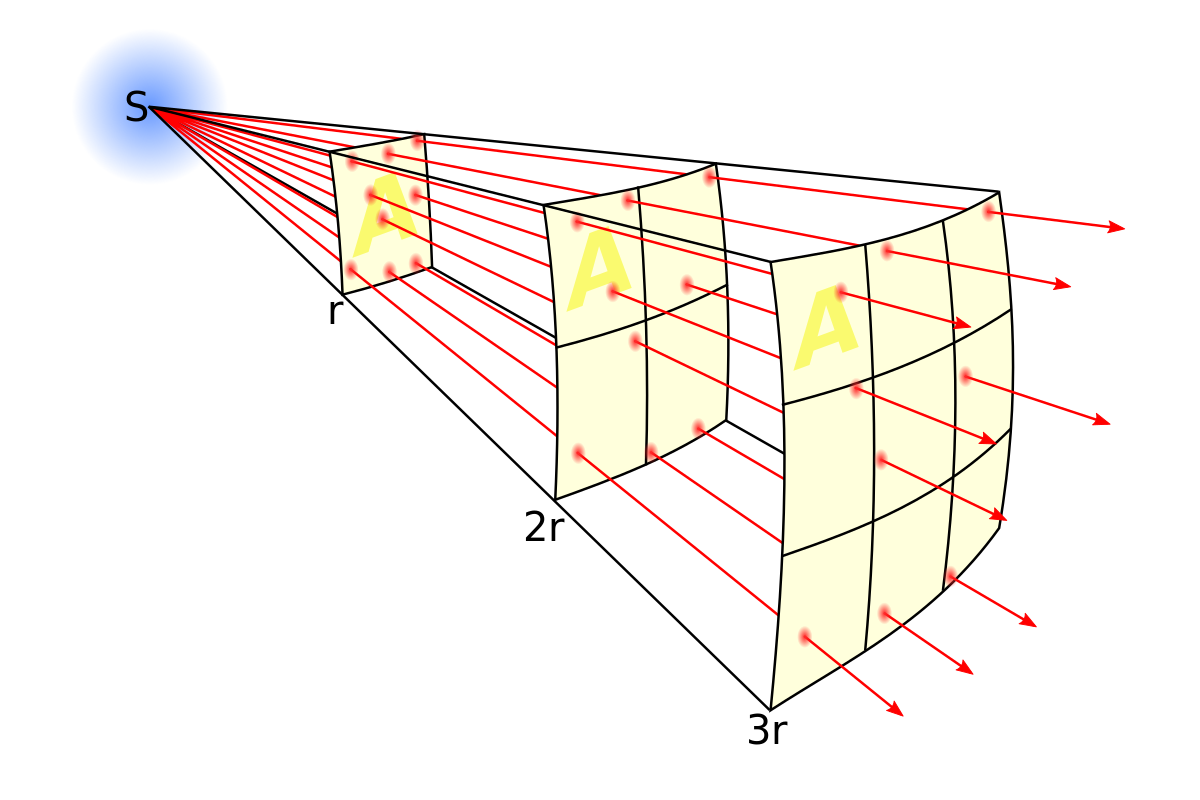Question Can a black hole spin fast enough?
- Thread starter Fest3er
- Start date
You are using an out of date browser. It may not display this or other websites correctly.
You should upgrade or use an alternative browser.
You should upgrade or use an alternative browser.
Since angular momentum caused by the collapse of the black hole causes the spin, if the spin is finite, the collapse must also be finite (I.e. - it cannot collapse into a singularity). But how far can it collapse and how fast can it spin? If the spin were fast enough that centripetal force overcame gravity, it would shed mass until spin and gravity were in balance.Do you have a reference? I've not heard of that being observed; the simple answer would be no, not as far as we know; we know it's maximum speed, and all those BHs seems stable.
It gets bigger, that's about it. Since BHs, not in proximity to another, are overwhelmingly stable, especially the super-massive BHs, that points to the mass being always greater than the centripetal and centrifugal forces; otherwise, there wouldn't be so darn many of them.
The event horizon is not the star. The star is long gone either as the singularity or close (a Torus maybe). Between the two - -star and event horizon - is time ( This is a conventional theory that I disagree with but that's another story). All time points toward the singularity.Since angular momentum caused by the collapse of the black hole causes the spin, if the spin is finite, the collapse must also be finite (I.e. - it cannot collapse into a singularity). But how far can it collapse and how fast can it spin? If the spin were fast enough that centripetal force overcame gravity, it would shed mass until spin and gravity were in balance.
So once inside the only direction available is toward the singularity.
(conventionally time and space swop in a BH) Clearly, with every time tick you get closer to the singularity in this model. No matter how fast the spin the radial force cannot reverse time, it is said.
Self-similar fractal zooms structure of universe (u):
Advance toward the singularity and advance toward and through the window (the portal) of system opening up, accelerating in expansion, not closing down, not accelerating in contraction! Gravity is to infinities outside, inside-out.
Light follows the gravity, as a display factor of gravity, through the vectors of the inverse square law:

 en.wikipedia.org
en.wikipedia.org
Advance toward the singularity and advance toward and through the window (the portal) of system opening up, accelerating in expansion, not closing down, not accelerating in contraction! Gravity is to infinities outside, inside-out.
Light follows the gravity, as a display factor of gravity, through the vectors of the inverse square law:

Inverse-square law - Wikipedia
Last edited:
Similar threads
- Replies
- 17
- Views
- 1K
- Replies
- 2
- Views
- 568
TRENDING THREADS
-
-
-
-
-
A Rebuttal to the Infrared Redshift Interpretation of Type Ia Supernovae
- Started by Jzz
- Replies: 10
-
-
Latest posts
-
-
-
-
-
Question Mars Colonization: A Bold Frontier or an Expensive Dream?
- Latest: spacedweller
-

Space.com is part of Future plc, an international media group and leading digital publisher. Visit our corporate site.
© Future Publishing Limited Quay House, The Ambury, Bath BA1 1UA. All rights reserved. England and Wales company registration number 2008885.

